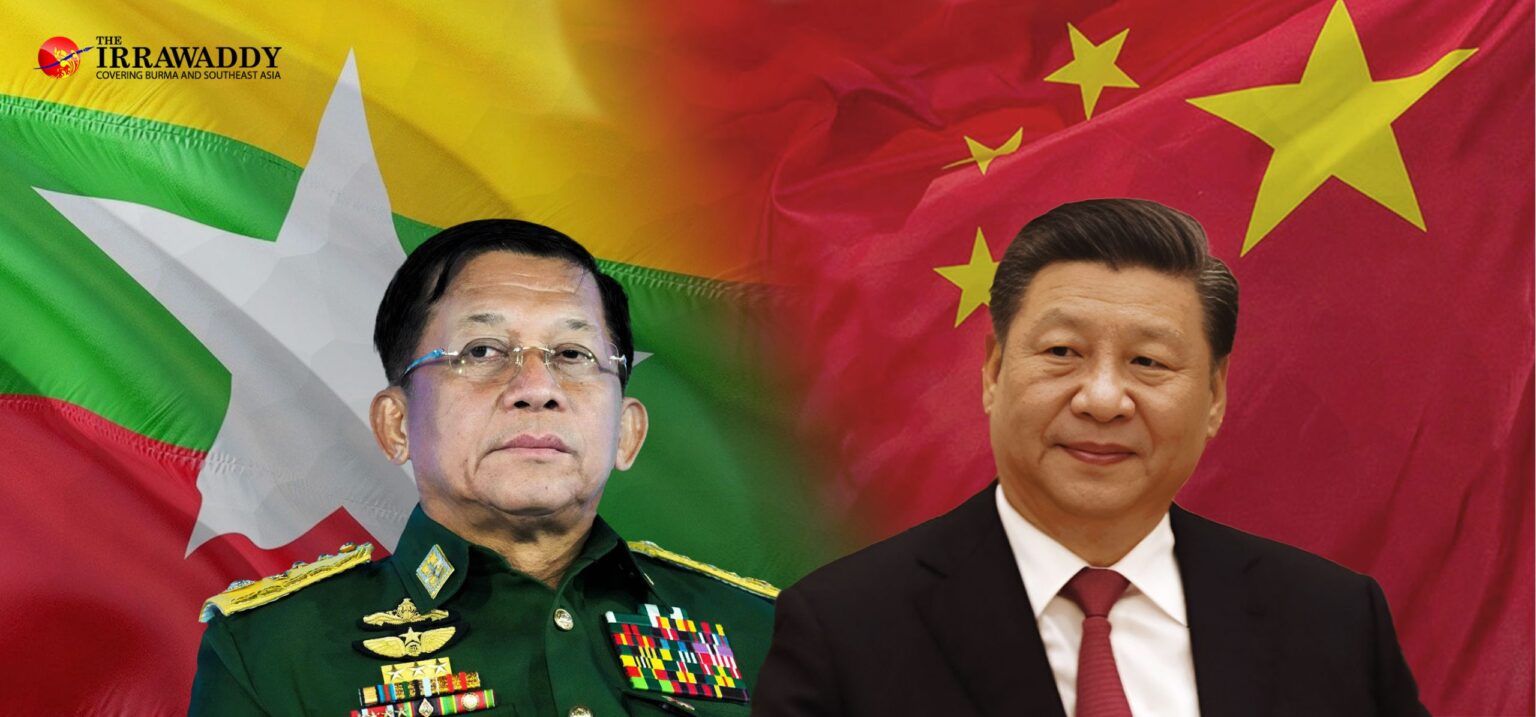Myanmar, a country already entangled in a complex web of civil conflict, has witnessed a significant escalation in its northeastern region. An ethnic armed group, the Myanmar National Democratic Alliance Army (MNDAA), in collaboration with the Ta’ang National Liberation Army and the Arakan Army, collectively known as the Three Brotherhood Alliance, has intensified its offensive against the Myanmar military government. The recent seizure of a significant trade crossing point along the Chinese border in Laukkaing township marks the latest development in this ongoing turmoil.
Table of Contents
Strategic Seizures and Political Implications
The MNDAA’s latest action of controlling the Yan Lon Kyaing border gate is not an isolated event. It represents the fifth significant crossing they’ve seized since October. This aggressive strategy underlines their intent to challenge the military government’s authority, further destabilising the region. The Kokang Self-Administered Zone, where Laukkaing is located, is now a focal point of these tensions.
The repercussions of these seizures are profound, extending beyond Myanmar’s borders. They have disrupted vital cross-border trade and raised alarms in Beijing, given China’s significant economic and political interests in the area.
Myanmar’s Humanitarian and Criminal Concerns
Amidst the power struggle, Laukkaing has been a hub for organised criminal activities, including cyber scam operations controlled by Chinese investors in collaboration with local warlords. The Chinese government’s recent crackdown on these operations has led to the repatriation of thousands involved, highlighting the complex interplay between regional conflicts and international criminal networks.
China’s Role and the Quest for Stability
China’s involvement in the region is multi-pronged. While it has been brokering peace talks and calling for ceasefires, its influence is not absolute. The ongoing conflicts, despite temporary pauses, indicate the limits of external intervention in Myanmar’s intricate ethnic and political landscape. China’s vested interests in the region make it a crucial stakeholder, but its ability to decisively sway the situation remains to be seen.
The Civil War Context
The MNDAA’s operations are part of a broader civil conflict that has engulfed Myanmar since the military coup in February 2021. The overthrow of Aung San Suu Kyi’s elected government sparked nationwide protests and armed resistance. Ethnic armed groups, including the MNDAA, have played a significant role in this resistance, challenging the military’s control in various regions.
The Three Brotherhood Alliance’s recent offensives, capturing over 200 military posts and several border crossings, have posed a severe challenge to the military government. Their actions are intertwined with a national uprising led by the People’s Defense Force, a pro-democracy armed group.
The Humanitarian Crisis
The escalating conflict has led to a severe humanitarian crisis. Hundreds of thousands of people have been displaced, and civilian casualties continue to mount. The situation in areas like Shan State and Rakhine State is particularly dire, with residents living in constant fear amid ongoing battles.
Looking Ahead: A Path to Peace?
The complexity of Myanmar’s current situation, with its mix of ethnic, political, and international dimensions, makes a peaceful resolution challenging. While ceasefires and peace talks offer temporary relief, the underlying issues driving the conflict still need to be addressed. The international community, particularly neighbouring countries like China, plays a crucial role in influencing events. However, the path to lasting peace and stability in Myanmar is fraught with obstacles, requiring a clear understanding of the diverse interests and grievances involved.
